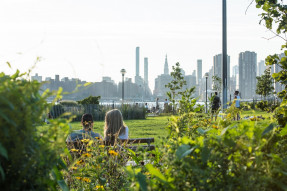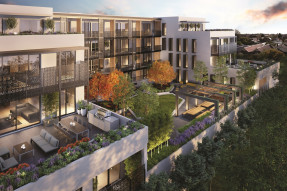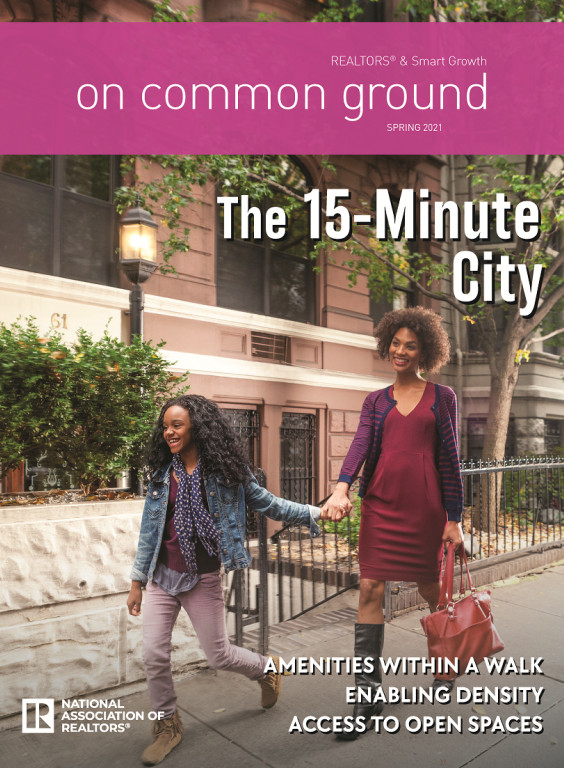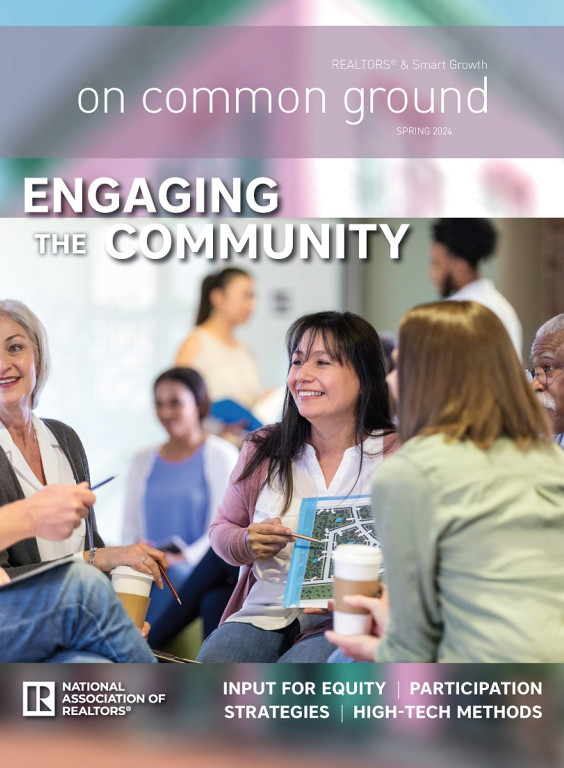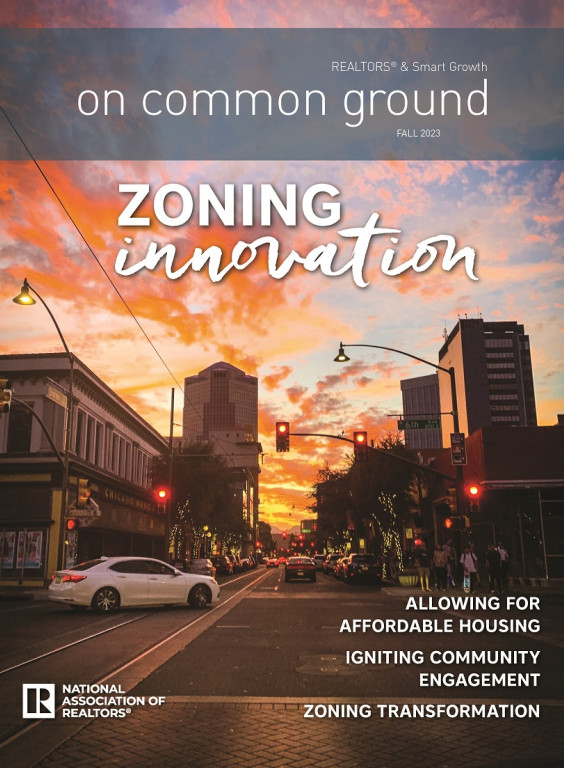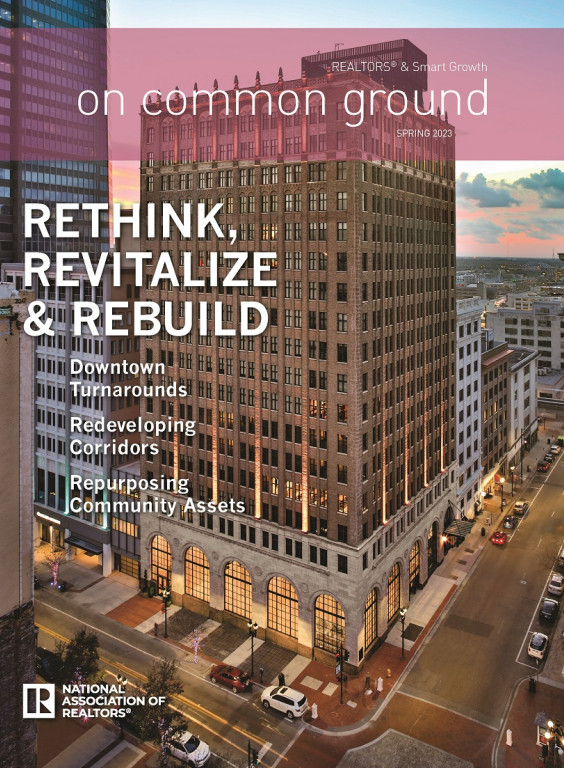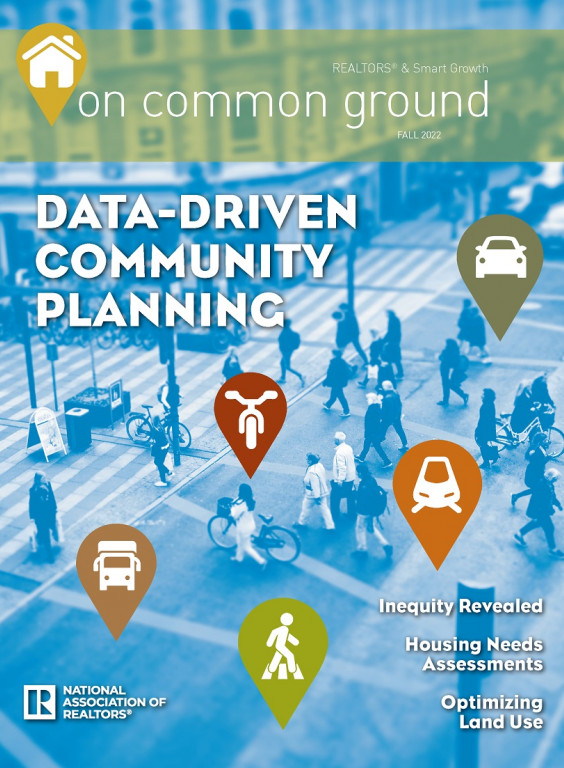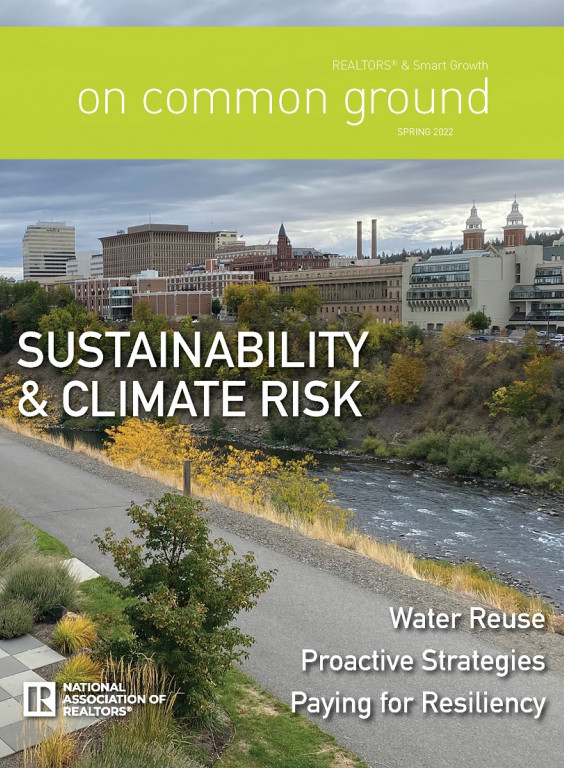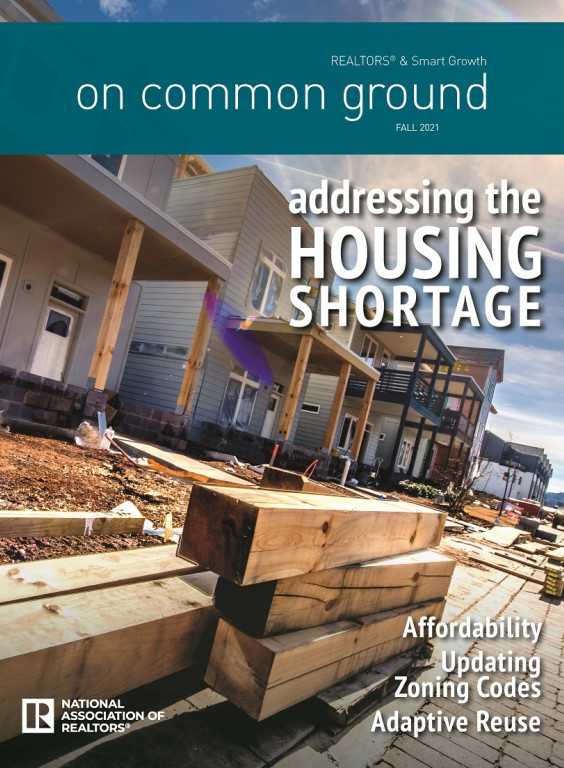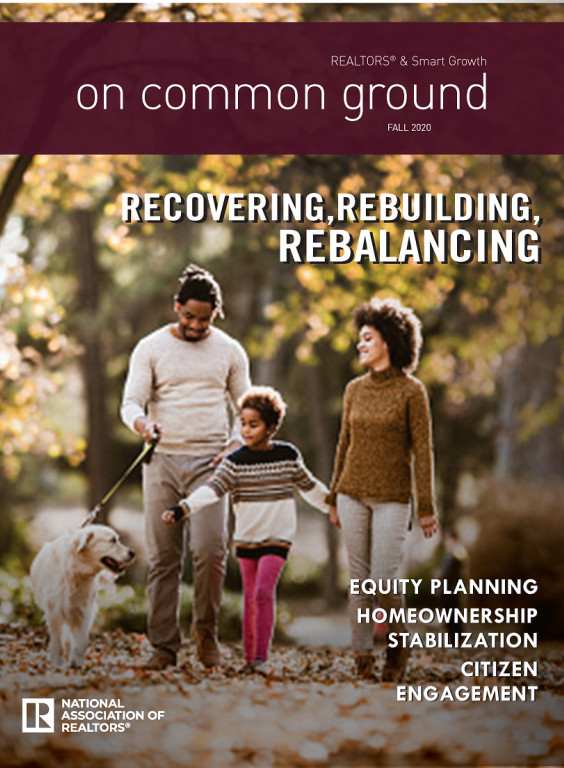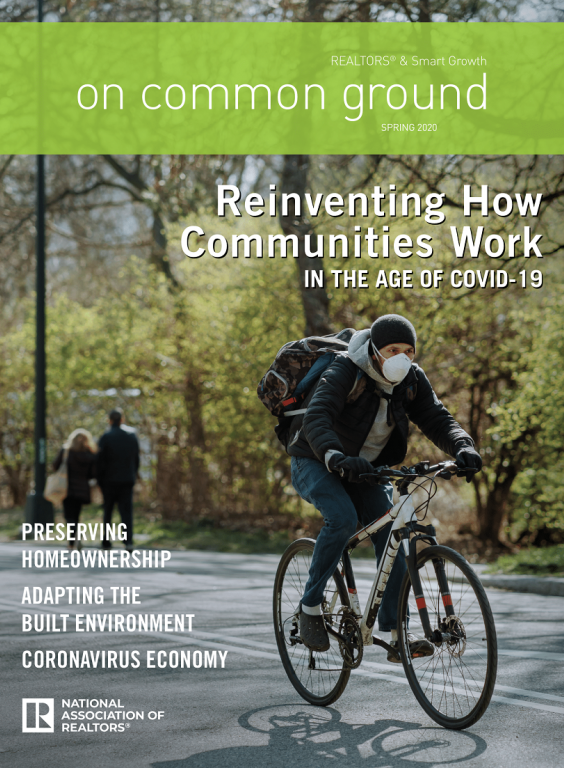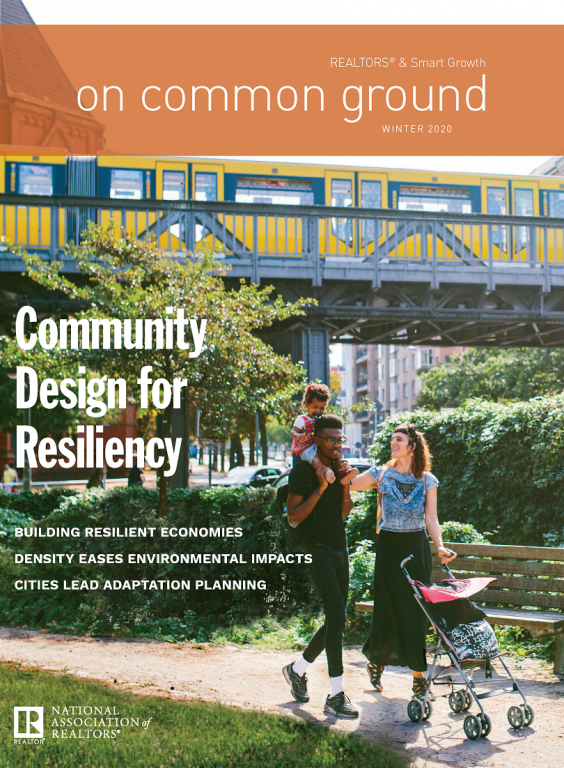This edition of On Common Ground explores the various components of the 15-minute city, such as zoning changes that will be necessary to produce the housing that is needed, as well as the connectivity of transportation and the importance of nearby green space for the inhabitants.
In This Issue
Old-fashioned compact, convenient, mixed-use development for a modern, post-pandemic, walkable world.
Whatever steps your city might take to start implementing the concepts of a “15-minute city,” expect it to take a good bit longer than 15 minutes.
A key component of the 15-minute neighborhood is the ability to quickly and easily travel to a spot that serves as a personal retreat.
When it comes to transportation, urban planners have different definitions of the 15-minute city or neighborhood. But most agree, pedestrians are the priority.
A mix of strategies, including adaptive reuse and data analysis are imperative when creating the neighborhood for everything.
















